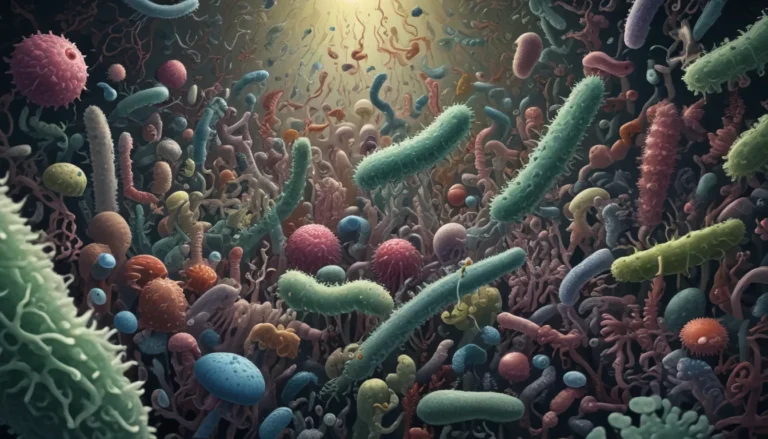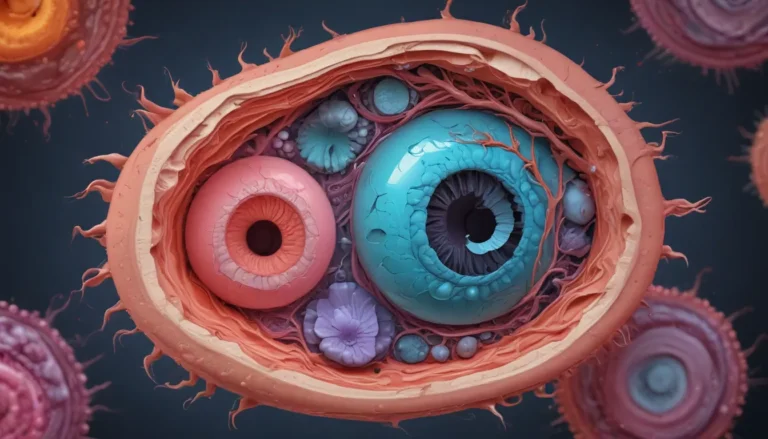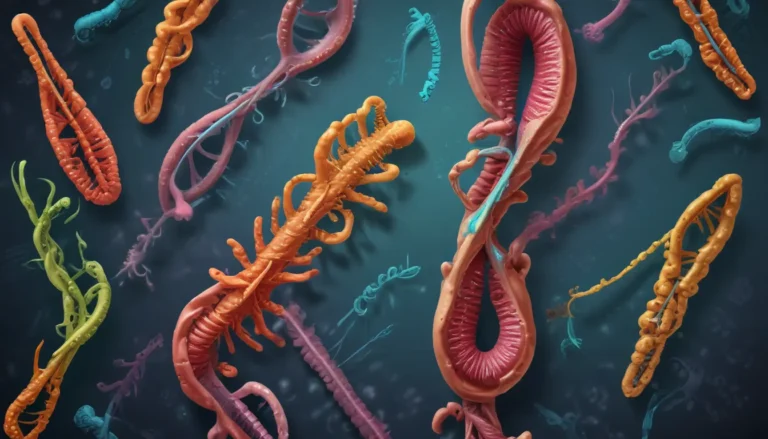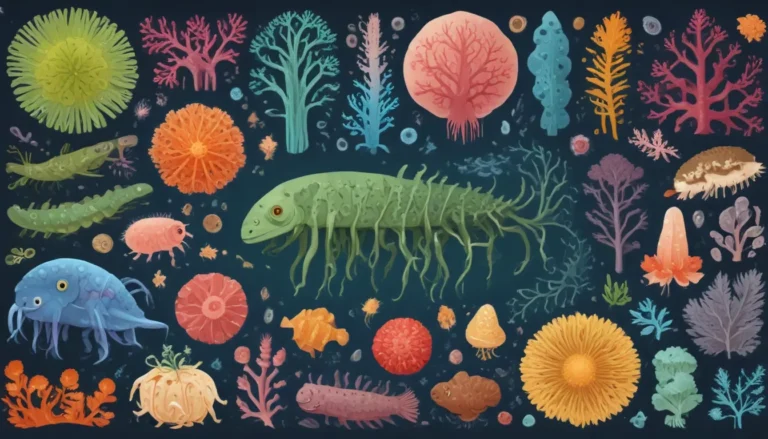A Note About Images: The images used in our articles are for illustration purposes only and may not exactly match the content. They are meant to engage readers, but the text should be relied upon for accurate information.
Genetic modification, a captivating field known for its groundbreaking advancements, has transformed the landscape of biology. By manipulating genes within organisms, scientists have unlocked a realm of possibilities that hold promise for revolutionizing agriculture, medicine, and even environmental sustainability. In this article, we will delve into the enigmatic world of genetic modification and unveil 10 intriguing facts that shed light on the incredible progress and controversies surrounding this technology. From genetically modified crops to the potential for designer babies, these facts will offer a deeper understanding of the benefits and ethical dilemmas associated with genetic modification.
Unveiling the World of Genetic Modification
Genetic modification, also referred to as genetic engineering, is a scientific technique that involves altering the DNA of organisms. This process enables scientists to introduce or remove specific traits, thereby modifying the genetic composition of the organism. With this powerful tool at their disposal, researchers can create disease-resistant animals, enhance food production, and develop revolutionary medical treatments.
The Role of Genetic Modification in Agriculture
For decades, genetic modification has played a crucial role in agriculture. Since the 1990s, genetically modified crops have been cultivated worldwide, boasting traits such as resistance to pests, diseases, or herbicides, as well as improved nutritional content. These modified crops have significantly contributed to increasing crop yield and ensuring food security on a global scale.
Harnessing Genetic Modification for Medical Breakthroughs
Genetic modification also holds immense potential in the field of medicine. Scientists have utilized genetically modified organisms to produce essential proteins and enzymes used in medications like insulin for diabetes and clotting factors for hemophilia. This innovative approach paves the way for developing novel therapies and enhancing healthcare outcomes.
Ethical Considerations Surrounding Genetic Modification
While genetic modification offers a plethora of benefits, it also raises ethical concerns regarding its implications. Critics advocate for a cautious approach, citing potential risks to ecosystems and human health. The debate over genetically modified organisms underscores the importance of thoughtful consideration and regulation to ensure the responsible use of this technology.
Environmental Sustainability Through Genetic Modification
One of the significant advantages of genetic modification lies in its potential to promote environmental sustainability. By engineering crops with traits that reduce the need for pesticides and enhance nutrient utilization, this technology can mitigate the environmental impact of agriculture. Embracing genetic modification could pave the way for more sustainable farming practices.
The Intersection of Science and Public Debate
The use of genetically modified organisms has sparked intense public scrutiny and debate. Concerns about the long-term effects on health, biodiversity, and socioeconomic structures have fueled discussions around the ethical implications of genetic modification. Engaging in open, informed conversations is vital to navigating these complex issues and ensuring responsible deployment of this technology.
Embracing the Future of Genetic Modification
As our understanding of genetics deepens, so too will the opportunities for further advancements in genetic modification. From enhancing crop yield to combating genetic diseases, the potential applications of genetic modification are vast. However, it is essential to approach these advancements with mindfulness towards their ethical, environmental, and societal impacts. By fostering dialogue and informed decision-making, we can harness the power of genetic modification for the betterment of humanity and the environment.
Frequently Asked Questions
-
What is genetic modification?
Genetic modification, also known as genetic engineering, involves altering an organism’s DNA to introduce new traits or characteristics. -
How is genetic modification achieved?
Genetic modification is accomplished through techniques such as gene insertion, deletion, and editing using tools like CRISPR-Cas9. -
What are the applications of genetic modification?
Genetic modification has diverse applications, including improving crop yield, developing disease-resistant plants, and advancing medical treatments. -
Are genetically modified organisms safe to consume?
Extensive scientific research supports the safety of genetically modified organisms, which undergo rigorous testing and regulation. -
What are the potential benefits of genetic modification?
Potential benefits include increased food production, improved crop quality, reduced pesticide reliance, and enhanced medical treatments. -
What are the ethical concerns associated with genetic modification?
Ethical concerns revolve around issues of consent, unintended consequences, and socio-economic impacts on agricultural systems. -
What are the environmental considerations of genetic modification?
Environmental considerations encompass gene flow, impacts on biodiversity, and long-term ecological effects. -
Are genetically modified crops more productive?
Genetically modified crops can exhibit increased productivity due to traits like pest resistance and environmental stress tolerance. -
Can genetic modification be used to cure genetic diseases?
Genetic modification shows promise in treating genetic diseases through techniques like gene therapy. -
Is genetic modification a permanent alteration?
Genetic modification can be reversible depending on the technique used, with tools like CRISPR-Cas9 allowing for precise modifications.
Final Thoughts
Genetic modification represents a realm of boundless possibilities, offering both immense benefits and profound ethical considerations. As we navigate the evolving landscape of genetic engineering, it is essential to approach this technology with caution, mindfulness, and a commitment to ethical practices. By fostering informed dialogue and responsible decision-making, we can harness the transformative power of genetic modification for the betterment of society and the preservation of our planet. Let’s embark on this journey together, embracing the mysteries and potentials of genetic modification with a spirit of curiosity and conscientiousness.
Through exploring the mysteries of genetic modification, we uncover a world of endless possibilities and ethical considerations. Join us on this transformative journey as we delve into the complexities and promises of genetic engineering. Keep learning, questioning, and engaging with the fascinating world of genetic modification to shape a brighter future for us all.






